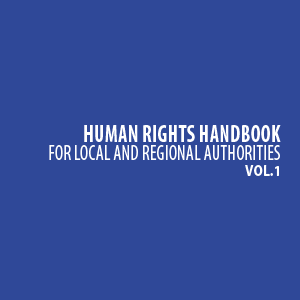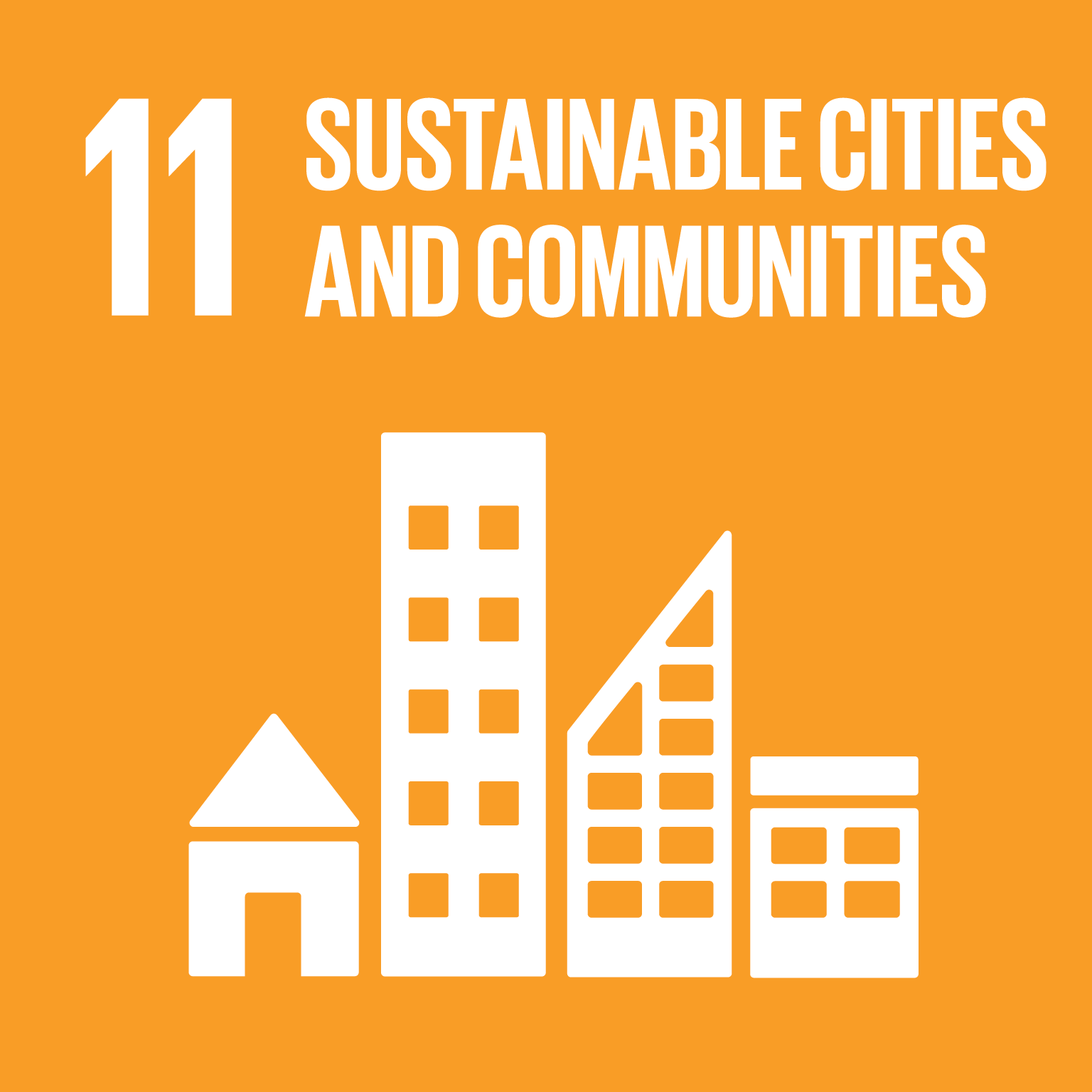“We need to remember the brutal horrors that Roma and Travellers suffered from during the Nazi rule”, Congress Spokesperson on Roma and Traveller Issues John Warmisham stated. “In particular today, when attacks on Roma are once again on the rise, we must not turn a blind eye to what has happened 74 years ago.”
On the night of 2 August 1944, several thousand Sinti and Roma were killed at the so-called Zigeunerlager (the “Gypsy camp”) in the Auschwitz-Birkenau concentration camp. At least 500 000 Roma, Sinti and Travellers are believed to have been murdered throughout Europe under the Nazi regime during World War II.
“Anti-Gypsyism, which was part of the Nazi ideology, led to the persecution of hundreds of thousands of Roma. Sadly, anti-Gypsyism is still not defeated today”, John Warmisham said. “On 23 June, David Popp, a Ukrainian Roma was murdered during an attack on Roma in the outskirts of Lviv. He was only 24 years old”.
The Memorial Day is an occasion to remember those who were killed through anti-Gypsyism in the past but also not to forget those who are persecuted or even murdered today.
“I therefore invite mayors and regional representatives to sign the Declaration against anti-Gypsyism to show that you stand with the victims of Roma persecution through time”, John Warmisham said. “By signing the Declaration you demonstrate that you are ready to fight anti-Gypsyism in your municipality.”
Until now 104 municipalities and regions from 33 countries have signed the Declaration against anti-Gypsyism. Mr Andrii Sadovyi, Mayor of the City of Lviv, where the tragic death of David Popp occurred, signed the Declaration against anti-Gypsyism on 16 July 2018.









